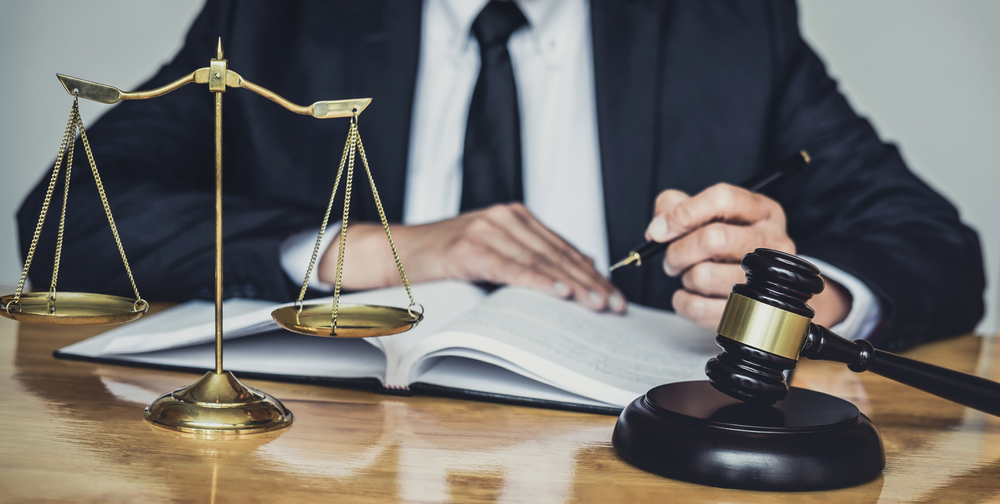Many business disputes must be resolved in litigation and discovery is a critical part of the preparation that occurs before a case reaches the trial phase. Discovery is the formal process by which information is exchanged between the parties in the lawsuit. In English, discovery is when both parties put their cards on the table. The information obtained during the discovery process allows each side to know what evidence the other side will present before the judge or jury – the strengths and the deficits in each side’s case. Discovery also gives both sides a good idea of whether the case can be settled.
What Information is Requested During the Discovery Process?
Once a lawsuit has been commenced, and the pleadings have been served, the case will enter the discovery phase. Both sides have essential tools available to them to gather information at this time, including the following:
- Document demands — A document demand is a request for relevant documents related to the claims or defenses asserted in the case. The types of documents that might be asked for can vary widely, depending upon the facts of the case. Documents are not just physical printed documents but can extend to text messages, electronic mail messages, and documents kept in electronic form. These documents are referred to as electronically stored information or “ESI”.
- Requests for admission — Each side can send the other a “request for admission” asking them to admit or deny specific facts. These Requests for Admissions cannot ask about ultimate issues of the case or legal conclusions. In the event the other side doesn’t respond, the facts purported in the request are deemed true.
- Interrogatories — Interrogatories are a series of written questions that must be answered in writing, under oath. These questions are a tool that can be used to have the parties answer specific questions to gain information that can be explored further during a deposition.
- Depositions — A deposition is a testimony taken out of court, under oath. A lawyer will ask the party or witness a series of questions that are required to be answered. While there are very few limits as to the types of questions that can be asked during a deposition, objections may be raised on the record on the grounds of form, relevancy, or privilege.
None of the tools above can be used to collect privileged information or information that is not germane to the case. In certain instances, a judge may need to rule on whether a party is required to provide the requested information
What is a Party’s Duty to Preserve Documents?
As soon as litigation is anticipated, both sides have a duty to preserve documents and any other evidence in the case. A party seeking evidence should ensure they send a well-crafted litigation hold letter advising them not to destroy any document, data, or electronically stored information that might be relevant to the action. A litigation hold letter may also be sent to third parties who might have documents within their possession, custody, and control.
Failure to retain or preserve necessary documents and evidence can result in spoliation. Litigants can face serious sanctions for spoliation, including dismissal of the action and monetary penalties. A judge might also strike a pleading or allow the jury to take a negative inference against the party who destroyed the evidence. A negative inference can permit the jury to infer the party had something to hide — and the evidence is missing simply because it adversely impacts their case.
Contact an Experienced New York Business Litigation Attorney
The rules of discovery are complex and it’s crucial to have a knowledgeable business law attorney on your side who can protect your rights and interests. Brinen & Associates is committed to providing reliable representation to entrepreneurs and business owners for a wide variety of business litigation matters. Call (212) 330-8151 or send us a message to learn more about how we can help.
